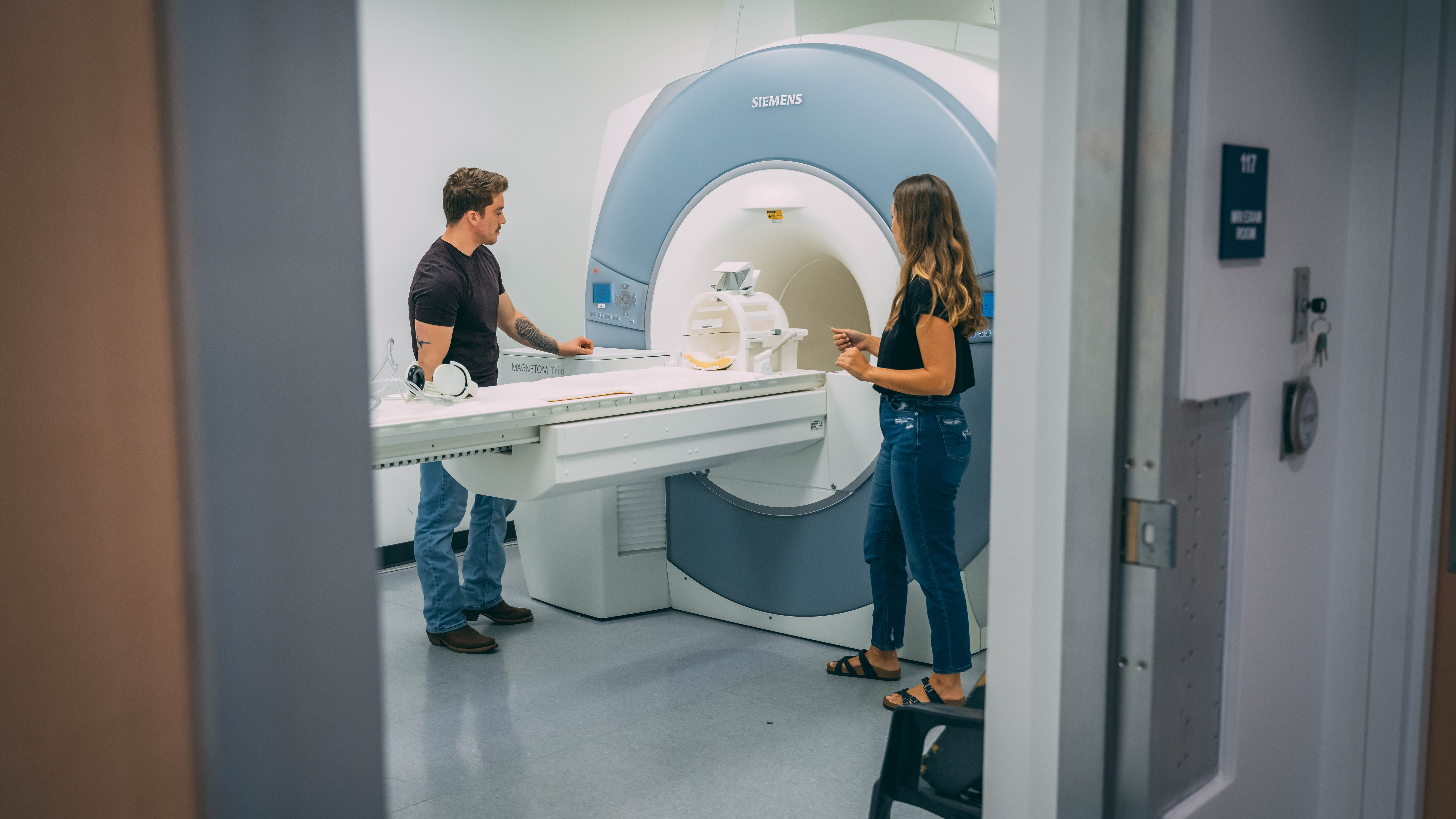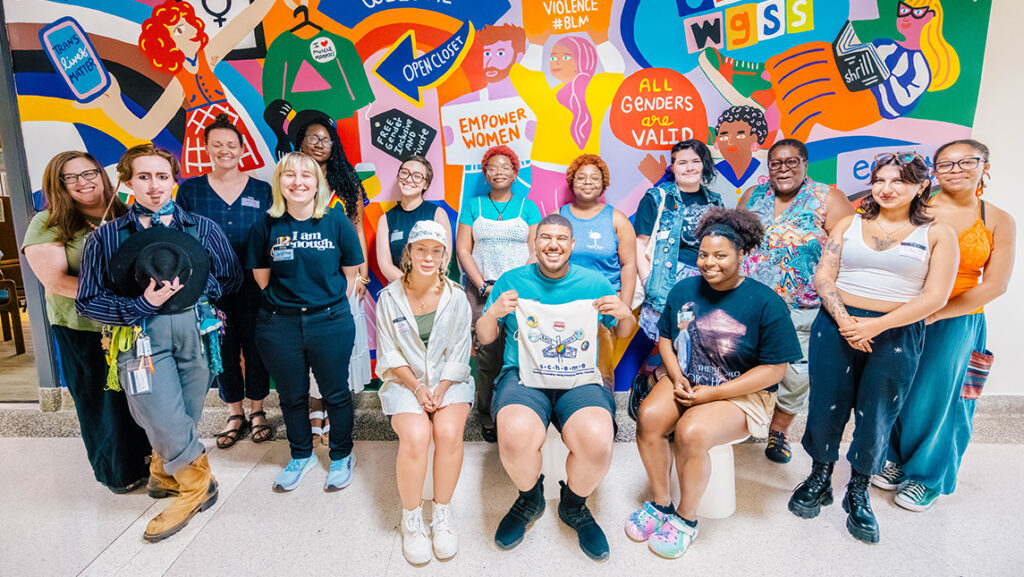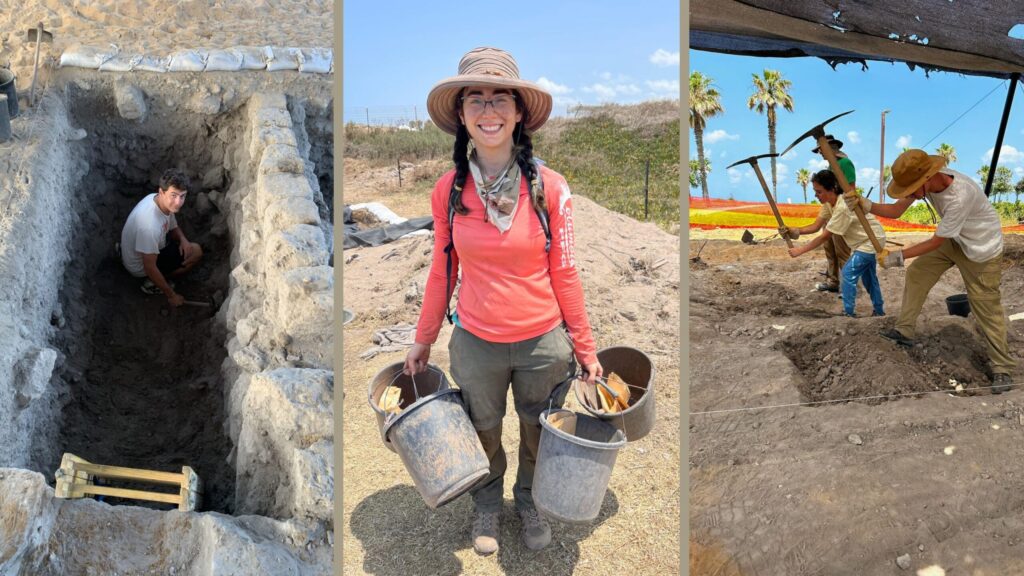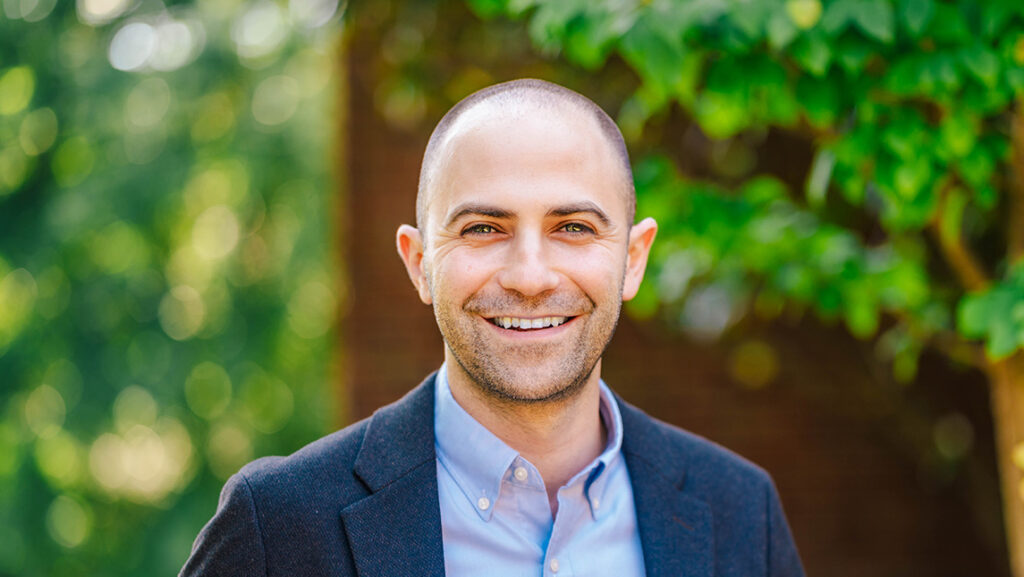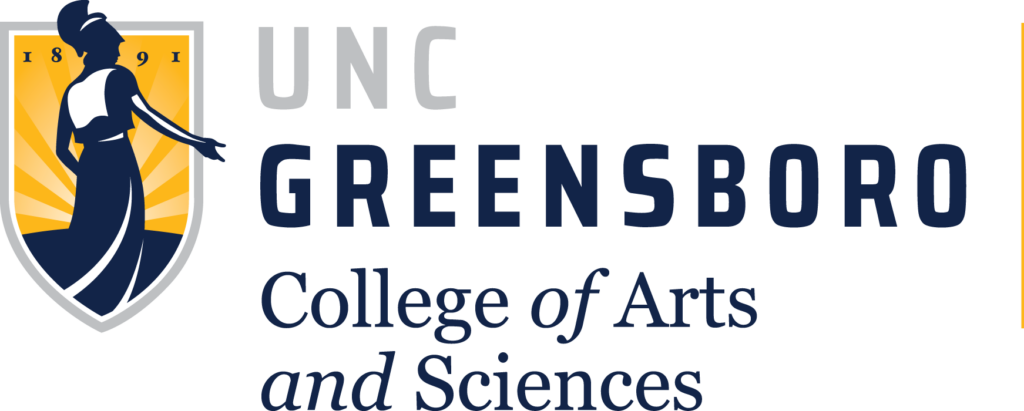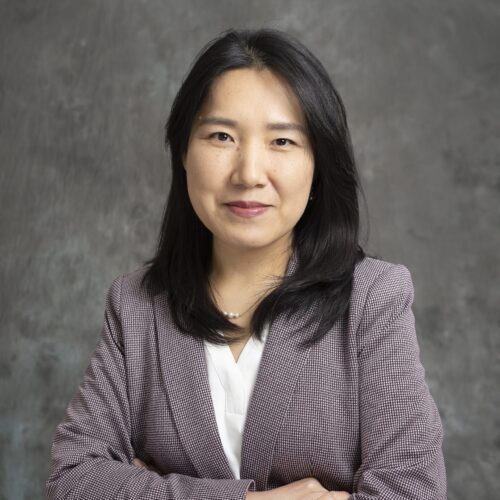
Dr. Minjeong Kim, an Associate Professor and Interim Chair of the Computer Science department, has received a $13,000 for an NIH grant led by UNC Chapel Hill for the proposal “Summer Research Education Program for Promoting Computational Neuroimaging Technology in Alzheimer’s Disease (AD) and AD-Related Dementias (ADRD).” The project is led by Dr. Guorong Wu, an Associate Professor in UNC Chapel Hill’s School of Medicine and a frequent collaborator with Dr. Kim. For this project, Dr. Kim will support development of various short courses to introduce high-school students to the science of MR imagining, including tours of UNCG’s MRI center at JSNN, student recruitment, and on-site instruction.
The full abstract, available through NIH RePORTER, is below.
Abstract Neuroimaging technology such as magnetic resonance imaging (MRI) and positron emission tomography (PET) is critical to Alzheimer’s disease (AD) and Alzheimer’s disease-related dementias (ADRD) studies. In spite of the wide consensus that the integration of neuroimaging and data science approaches offers a powerful tool for understanding the underlying disease mechanisms and developing personalized treatment strategies for AD / ADRD, we are facing the urgent challenge of a capable workforce with computational neuroimaging skill-sets, due to the lack of early exposure to high-quality, hands-on research education experiences in the imaging-based AD / ADRD studies. To address this challenge, we form an inter-disciplinary team of data scientists and AD / ADRD experts to develop a summer research education program on computational neuroimaging for NIA expanding research in AD / ADRD (ERA). Specifically, our education program consists of four inter-connected components. First, we will design a hybrid curriculum of computational neuroimaging for high school students that includes a set of synchronous/ asynchronous short courses covering research ethics, imaging physics, biomedical image processing, statistical inference, machine learning, and AD/ ADRD clinical applications. Second, we will develop a collection of hands-on tutorials to train the students how to formulate the AD / ADRD question into a well-posed computational problem, how to analyze neuroimaging data, and how to translate the computational tools into clinical applications. Third, we will build a cloud-based neuroimage processing platform with the integrative functions of visualization, analysis, and data management/ sharing, which allows us to deliver the computational power to every student in this research education program. Lastly, and primarily, we will manage a project-based mentoring plan to offer each student a one-to-one open research exploration opportunity with AD / ADRD experts in UNC, Duke, and Wake Forest University during the summer program. We will work with the academic mentors to continue the training for motivated high school students by tracking the project progress, providing career advice, and evaluating the training performance. Under the umbrella of AD / ADRD research, we will partner with two NIH-funded Alzheimer’s Disease Research Centers (ADRCs) at Duke/UNC and Wake Forest University. We will also align our education program with the existing renewed STEM programs at North Carolina School of Science and Mathematics and North Carolina Science & Engineering Fair to engage high school students with diverse scientific and cultural backgrounds and develop a research outreach plan for including underrepresented groups in the biomedical science to the NIH AD / ADRD portfolio. The success of the program is built upon the unique neuroimaging, data science, and education expertise of the PIs (Drs. Wu and Kaur) and their collaborative relationships with experts in computer science, biostatistics, psychiatry, neurology, and radiology research faculties. The synergistic integration of research, mentoring, and outreach will enthusiastically engage more prospective students in AD / ADRD research, contributing to a collaborative research environment in the nation.
